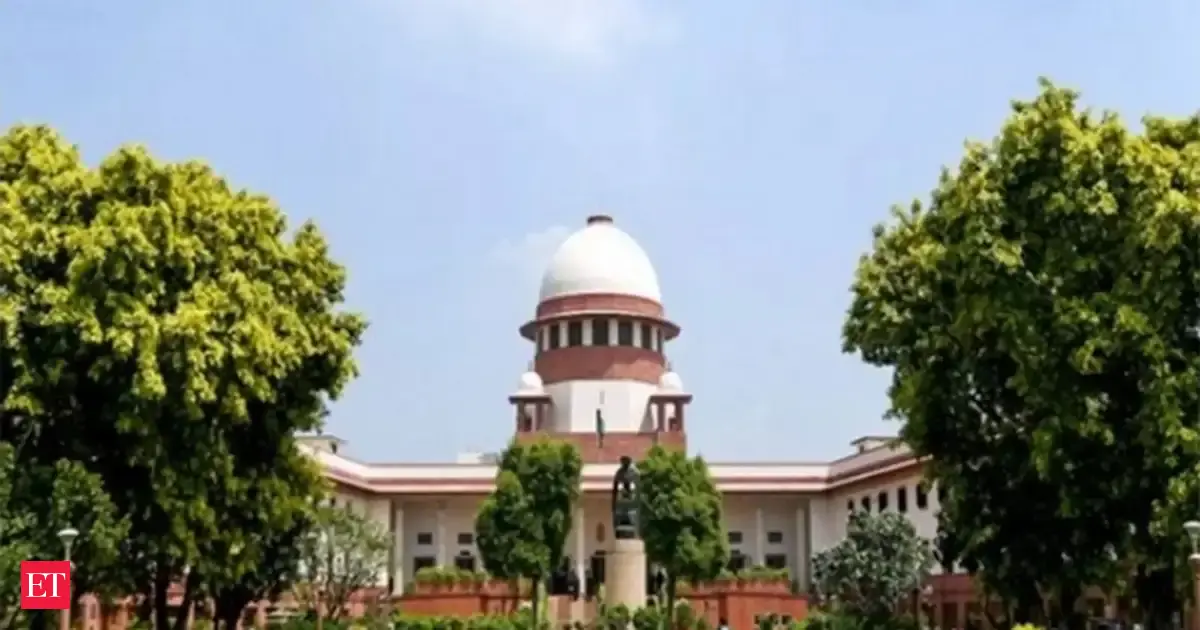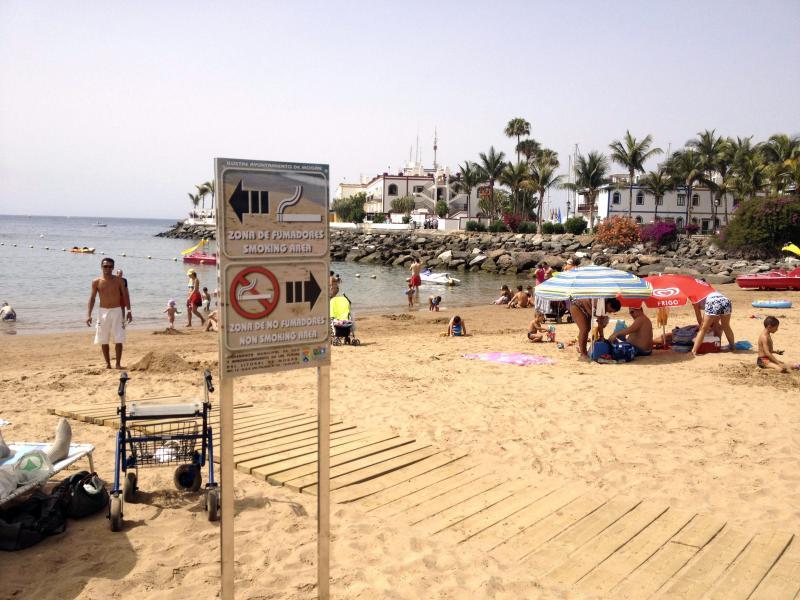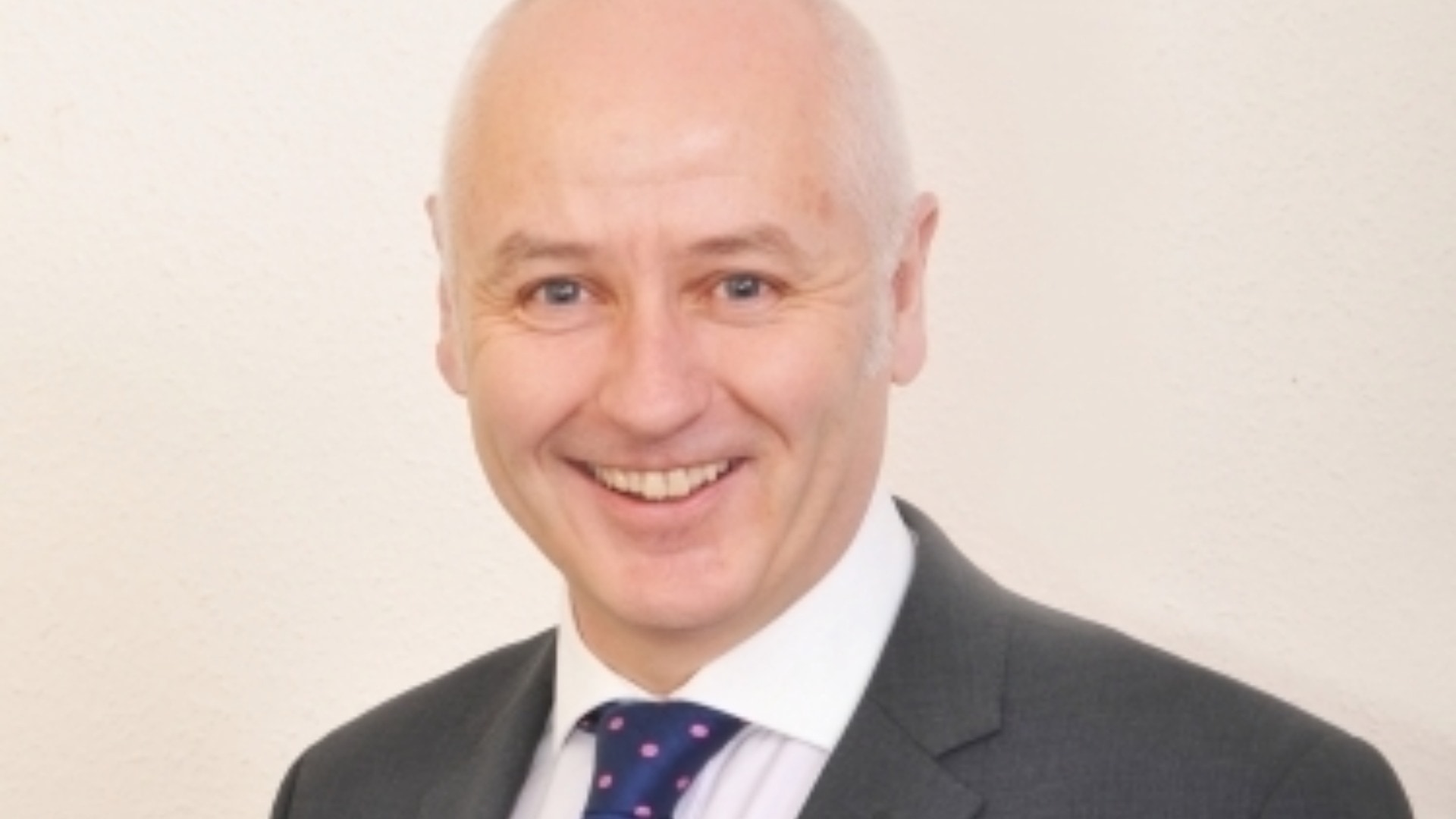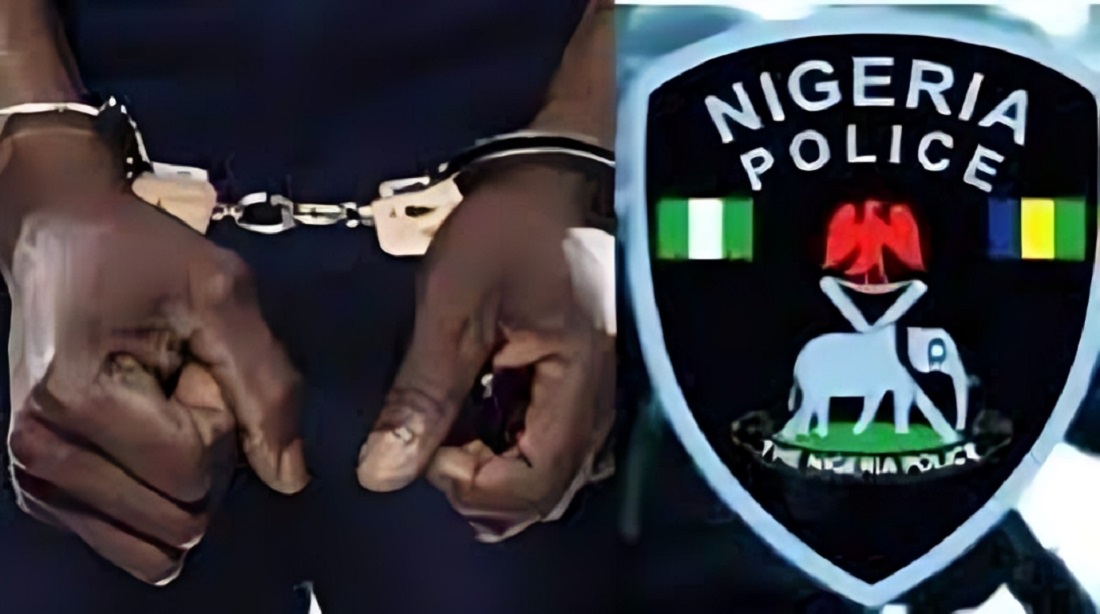Obama’s advice, socialists’ demands, meetings with skeptics: Inside Mamdani’s prep to run New York City

By Edward-Isaac Dovere, CNN
New York (CNN) — Barack Obama pivoted from praise to a warning.
You’ve got the inspiration part down, the former president told Zohran Mamdani, but there’s a lot riding on governing. According to three people familiar with the call, Obama reminded the Democratic nominee for New York City mayor how many would be watching to see if a democratic socialist could pull off running the nation’s largest city, and how many critics would be waiting to pounce if it went wrong.
Values are important, Obama told him, but prioritizing good hires more so.
Obama isn’t the only one concerned. Even friends and advisers working with Mamdani’s campaign and like-minded allies on the city council, among the three dozen New York leaders who spoke with CNN, say privately that they fear Mamdani is behind in preparing for what’s ahead if he wins November’s election, as reliable public polls show he is in strong position to do.
The call with Obama, one person who spoken with Mamdani about it told CNN, was helpful in giving the candidate a clearer sense of the difference between running and governing.
There’s a moment at the end of a video put out by Mamdani’s campaign where Vermont Sen. Bernie Sanders tells him he has “an enormous responsibility to show the world that our value system can govern well and efficiently.”
Mamdani has reached beyond his circle of advisers and Democratic Socialist of America allies as he’s thinking about how he will make his big campaign promises happen and prove that a 33-year-old state assemblyman can run a city with 8 million people, a $115 billion annual budget and the nation’s largest metropolitan police force.
“Being mayor is just as much about your ability to inspire as it is to govern a big, sprawling, 300,000-person bureaucracy and all that that requires,” said Lincoln Restler, a city councilman from Brooklyn who worked on the transition team for Bill de Blasio, the mayor Mamdani has called the best in his lifetime, after his first election in 2013.
Allies and advisers say Mamdani has continued to demonstrate how stunned he himself was by a primary win. While he, his campaign manager and counsel all took extended vacations over the summer to celebrate their weddings, they have been rushing since mid-August to prepare even as they also work to win in November.
For Mamdani, who’s never worked in city government, the job of being mayor of New York poses deeper challenges. Add President Donald Trump’s threats to slash funding and deploy the National Guard, and those who feel he should be doing more to get ready are growing nervous, even as Mamdani can’t legally start a formal transition process unless he wins in November.
“There’s a general feeling of excitement for what he’s done for the electorate. He’s talking about real things that people care about. There’s a buzz about standing up to Trump,” said a Democratic city council member who spoke on condition of anonymity to discuss internal dynamics. “On the flip side, I think people have a healthy skepticism of the governing piece. Is he going to put good people around him, and can we rely on that happening? Is it going to be a bunch of DSA kids who don’t know what they’re doing running the city? I don’t think that’s what’ll happen, but we need to know more.”
Mamdani’s relationship with Brad Lander, the city comptroller who in the final weeks of the Democratic primary essentially turned his own mayoral campaign into another leg of Mamdani support, is still recovering from a rocky patch over the summer, according to four people familiar with the matter.
Lander told a variety of leaders that he was interested in a top position like first deputy mayor in the administration, in what a range of anxious New York leaders saw as an implicit promise that an experienced hand would help professionalize Mamdani’s City Hall. That did not go over well when word got back to Mamdani’s orbit.
After nearly a month when they did not speak, by Labor Day, Lander was telling people maybe he would not be joining the administration after all.
The two have talked through this recently, and while no job offer was made, Lander has renewed his help for Mamdani in the campaign.
Morris Katz, a 26-year-old who has become a close Mamdani political adviser, said the doubts are coming from the same place as the belief that Andrew Cuomo could not be beaten in a Democratic primary before Mamdani stunned him.
“Our victory was the direct repudiation of a consultant and political class that have failed this city for decades. It was a culture of excellence that led a campaign dismissed by every pundit to a historic victory and it will be that same culture of excellence that delivers the change this city deserves,” Katz told CNN.
For those questioning them on youth and inexperience, Katz said, “the fundamental crisis in our city isn’t just, there isn’t enough that the government is doing, but that the government is doing a bad job. Not everyone who’s been in the halls of power for 20 years is entitled to stay there.”
A charm offensive
Sitting with the business leaders on the steering committee of the Association for a Better New York in August, Mamdani made a previously unreported pledge: “I don’t think my emergency management commissioner has to agree with me about Israel and Palestine,” he said.
That prompted audible relief in the room, according to two people present, not just because of those upset by Mamdani’s criticisms of Israel, but because they felt it demonstrated that he would not be an ideologue.
Gone are the days of the primary when Mamdani was a constant presence on the streets. He spends most days in individual and group meetings, in person and on Zoom, that are partly study sessions and partly efforts to reassure antagonists and skeptics, whether that’s the group of Jewish leaders who believed he would cancel police protection for the annual parade honoring Israel or the developers who started out by suggesting that he was going to cancel all rent everywhere in the city. (Mamdani has proposed freezing increases on rent-stabilized apartments.)
Much of this is working. Several people far from the DSA base tell CNN that they have been struck by Mamdani’s personal charm, attentiveness and sense of pragmatism. Some have found overlapping interests, like the transit union officials who hadn’t prioritized the free buses Mamdani promised but did share with him data that shows drivers are attacked less often when riders aren’t asked to pay.
Mamdani met last week with former Mayor Michael Bloomberg, who spent millions backing Cuomo in the Democratic primary. Sitting together for an hour at the Bloomberg LP offices shortly after this year’s 9/11 commemoration, they talked about everything from organizing deputy mayors and agency heads to the open bullpen office plan Bloomberg brought to City Hall and talk that Trump might try to seize control of the Twin Towers memorial ahead of next year’s 25th anniversary.
Bradley Tusk, a former Bloomberg aide and campaign manager, told CNN he calls Mamdani a “technocratic socialist,” a term which some of the candidate’s advisers say they like.
“He’s engaging and he has big, transformative ideas that I think need a lot of work to make them actionable, but you can’t debate affordability or how to help on food insecurity or how to help afford rent, or mobility in New York City,” said Robert Wolf, a former president of UBS Investment Bank and CEO of 32 Advisors who had a long Zoom with Mamdani. “If elected, the business community can either help him succeed or root for his failure — and in my view, a vibrant New York City is the right answer.”
Richard Buery, the chair of this year’s Charter Revision Commission convened by the current mayor and CEO of the nonprofit group Robin Hood that works with many business leaders, agreed.
“At a moment where there’s so much division, probably the most important job of a mayor is to be able to listen carefully, and then when you make decisions, have respect with those you wind up disagreeing with,” Buery told CNN. “It’s critical for any mayor, but especially now.”
Bringing in new advisers
De Blasio and top aides to Sanders are in Mamdani’s ear as informal advisers. But quietly, Patrick Gaspard – a behind-the-scenes powerbroker in New York before and after his turn as political director in the Obama White House – has been accompanying Mamdani to meetings.
“His arrival is a disruption of a long line of a particular kind of access that has to be recognized in the comments, the anxiety, the critiques that could surface in the process around his transition,” Gaspard said of Mamdani.
Mamdani has also talked with Dan Garodnick, a former city councilman from Manhattan’s East Side who’s currently the chair of the City Planning Commission for Eric Adams, now being eyed for a top spot in an administration. And he’s been leaning on Maria Torres-Springer, the former first deputy mayor under Adams who quit earlier this year, as well as de Blasio’s two picks for that role, Tony Shorris and Dean Fuleihan, and former top Bloomberg aides Janette Sadik-Khan and Dan Doctoroff.
New York Attorney General Tish James has been trying to guide operations.
“There are a number of individuals who’ll be in his administration who are seasoned employees who know government,” James told CNN.
But some calls and emails offering to help or passing along experienced résumés have gone unanswered, according to five different people who sent them. Several have been explicitly turned away, left with the sense that Mamdani’s young and similarly inexperienced inner circle is suspicious of outsiders or uninterested in those who didn’t back his campaign.
Half a dozen people who’ve met with Mamdani and top advisers tell CNN they were dismayed by the responses they received when pressing on how quickly after being elected he’d have to turn around the package of requests for the state legislature they hope will yield as much as $10 billion in new revenue, and how soon after being inaugurated he’d have to finish a preliminary executive budget.
And Buery, as chair of the charter commission appointed by the current mayor, fielded a phone call in early August from Mamdani urging against including a question for this year’s ballot that would have eliminated partisan primaries — a change advisers for weeks had been panicking could complicate winning a second term and future DSA gains.
Socialists still have high expectations
Mamdani has not tamped down talk of democratic socialists challenging establishment Democrats in primaries. Several state senators and assembly members, who emboldened DSA members are talking about targeting, have votes Mamdani would need for the new revenue from an already wary state legislature. Assembly Speaker Carl Heastie’s endorsement this week is an example of the ongoing bridge-building.
Meanwhile, US Rep. Laura Gillen, a freshman Democrat from a swing district in the Long Island suburbs, has told people in frustration that she’s heard that Mamdani has said he’d go campaign against her if she continued to criticize him, as she has done from the day after he won the primary through Gov. Kathy Hochul’s endorsement of him this week. Whatever strength Mamdani has shown in the city, Gillen backers note, her electorate is notably different. A Gillen spokesperson did not comment.
Any moderation Mamdani might attempt would face its own pushback from a base so demanding that at his town hall at Brooklyn College two weeks ago with Sanders, questions from the crowd included a demand for him to intervene for the adjunct faculty members who had been fired for participating in anti-Israel encampments. Another asked him to support repatriating the Lenape tribe to New York City: “We talk about the kids here, what about the kids from here?”
Mamdani answered in favor of both.
Tiffany Cabán, a DSA member of the city council from Queens, initially opposed Mamdani’s candidacy, worried that he would flop and that would set the democratic socialist cause back. Now, Cabán told CNN, she believes there will be a “magic” of outsiders eager to join the administration fusing into a city government and working together with likeminded existing employees.
“You run on a pared-down thing that you’re going to focus on, because you can’t overwhelm people with things, and you’re going to move towards and accomplish a lot more than that,” she said.
She also acknowledged how many people, from the DSA to the Trump White House, will be watching closely.
“We’ve obviously got a target on our back, not just because of who our next mayor’s going to be, but because it’s New York City, and the power we hold in the world,” Cabán said.
Hunting for a November mandate
Those close to Mamdani say that long before he was at 1% in the polls, he was talking about how to make his ideas reality.
According to Katz, Mamdani made that clear in their first meeting a year-and-a-half ago. “I’m not going to do this if I don’t think I can deliver on what we lay out,” he told Katz then.
His studious ambiguity now about what exactly he is proposing or where he diverges from the DSA platform hasn’t dented his support so far. Nor have the attacks from his opponents about his lack of experience, like Adams dismissing him with a reference to his brief music career as “a rapper, assemblyman, only was there for 50% of his votes,” or Cuomo saying of Mamdani’s platform, “it’s madness, it’s fantasy, it’s utopian theory — and this is New York City, it’s not utopia.”
Mamdani says his only demand is for a process that “is rigorous, and one that is actually focused on outcomes,” as he put it at an event focused on public safety last week in New York where he quoted a lot of statistics from other cities but was short on details for how many people he’d plan to hire for his proposed Department of Community Safety or how exactly he’d get the $1 billion he wants to put behind it.
He dodged one of the most common administration questions he gets — will he keep the current police commissioner? — and sidestepped anything about a replacement if the answer turns out to be no.
These days, a solid lead in hand, Mamdani is quietly building lists of possible hires in New York and beyond – including internationally – that he’s expecting to reach out to after Election Day, even as he stays focused on the campaign.
“The best way to prepare for January,” he said at the town hall with Sanders, “is by winning a mandate in November.”



